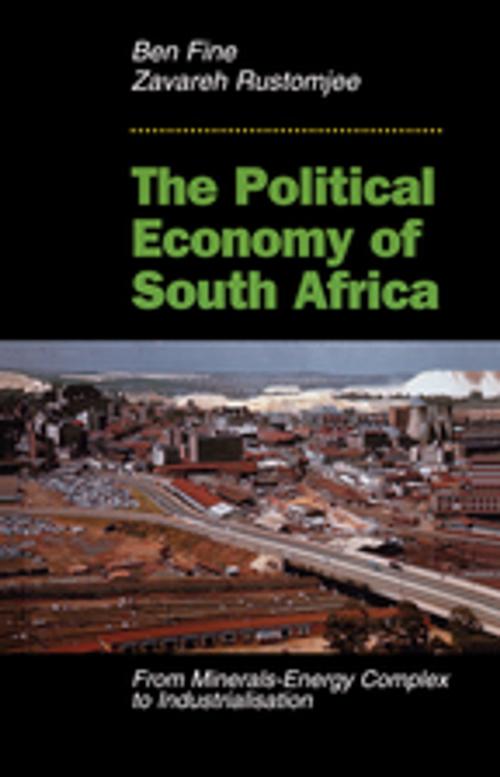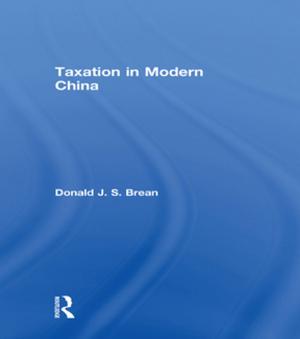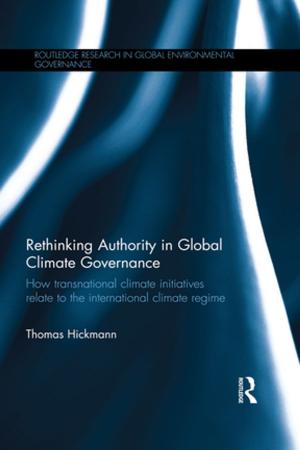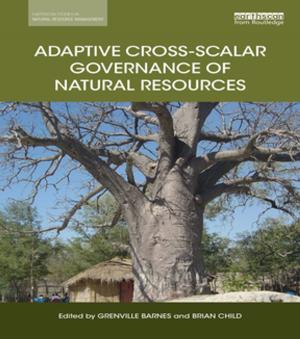The Political Economy Of South Africa
From Minerals-energy Complex To Industrialisation
Nonfiction, Social & Cultural Studies, Political Science, International, Social Science| Author: | Ben Fine | ISBN: | 9780429975639 |
| Publisher: | Taylor and Francis | Publication: | February 12, 2018 |
| Imprint: | Routledge | Language: | English |
| Author: | Ben Fine |
| ISBN: | 9780429975639 |
| Publisher: | Taylor and Francis |
| Publication: | February 12, 2018 |
| Imprint: | Routledge |
| Language: | English |
Democratization in South Africa has been accompanied by continuing and even deepening economic inequalities. Rather than proposing a blueprint for a more equable economic system, this book presents the results and implications of wide-ranging research on the history and current dynamics of the South African economy over the past fifty years. The authors analyze a range of strategic economic trajectories, linking these to the shifting balance of economic and political power, and they set the parameters within which the economic and political debates are conducted. }The acclaim with which democratization in South Africa has been greeted has been tempered by the recognition that there are at the same time continuing and even deepening economic inequalities. This is more disturbing given the extreme economic disparity experienced by much of the black population, the retreat from commitments to public ownership enshrined in the Freedom Charter, the unambiguous safeguarding of private capital, and the obstacles placed in the way of progressive economic policies by business interests and the entrenched apartheid-era bureaucracy. Rather than proposing a blueprint for a more equable economic system, this book presents the results and implications of detailed and wide-ranging research on both the history and current dynamics of the South African economy, from the Second World War to the present. The authors analyze a range of strategic economic trajectories, linking these to the shifting balance of economic and political power in South Africa. But their approach is not prescriptive; instead they set the parameters within which the economic and political debates are conducted. They also discuss the theoretical arguments involved in the propositions that they and others have put forward. The books value is enhanced by the comprehensiveness of the data presented, and each chapter is self-contained so that particular topics can be studied separately.
Democratization in South Africa has been accompanied by continuing and even deepening economic inequalities. Rather than proposing a blueprint for a more equable economic system, this book presents the results and implications of wide-ranging research on the history and current dynamics of the South African economy over the past fifty years. The authors analyze a range of strategic economic trajectories, linking these to the shifting balance of economic and political power, and they set the parameters within which the economic and political debates are conducted. }The acclaim with which democratization in South Africa has been greeted has been tempered by the recognition that there are at the same time continuing and even deepening economic inequalities. This is more disturbing given the extreme economic disparity experienced by much of the black population, the retreat from commitments to public ownership enshrined in the Freedom Charter, the unambiguous safeguarding of private capital, and the obstacles placed in the way of progressive economic policies by business interests and the entrenched apartheid-era bureaucracy. Rather than proposing a blueprint for a more equable economic system, this book presents the results and implications of detailed and wide-ranging research on both the history and current dynamics of the South African economy, from the Second World War to the present. The authors analyze a range of strategic economic trajectories, linking these to the shifting balance of economic and political power in South Africa. But their approach is not prescriptive; instead they set the parameters within which the economic and political debates are conducted. They also discuss the theoretical arguments involved in the propositions that they and others have put forward. The books value is enhanced by the comprehensiveness of the data presented, and each chapter is self-contained so that particular topics can be studied separately.















